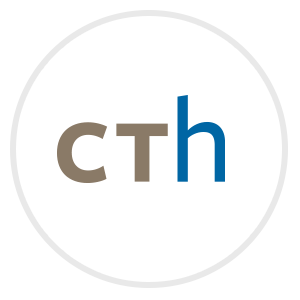Our Mission
To cultivate, invest in, and advocate for the cultural sector in Connecticut through funding, programs, and collaboration.
Our Vision
A connected, sustainable cultural community in Connecticut that benefits and reflects all people.

Founded in 1974, Connecticut Humanities (CTH) is an independent, non-profit affiliate of the National Endowment for the Humanities. CTH connects people to the humanities through grants, programs, and collaboration with other organizations. CTH is supported by state and federal matching funds, community foundations, and gifts from private sources.
CTH has earned public trust through its responsible stewardship of federal, state, and private funds, its peer-review grant-making process, its online educational resources, and its work to support, stabilize, and strengthen the organizations and communities it serves.
CTH values and promotes inclusion, diversity, equity, and access in our workplace, on our board, with our partners, and through our funding.
To cultivate, invest in, and advocate for the cultural sector in Connecticut through funding, programs, and collaboration.
A connected, sustainable cultural community in Connecticut that benefits and reflects all people.
To build an equitable funding culture, we are committed to inclusivity, diversity, equity, and accessibility as we support partners in generating humanities content that represents the breadth of Connecticut’s people and the range of their stories. Connecticut’s long and complicated history still influences us today. CT Humanities is a beneficiary of that complicated history as well as a contributor. We celebrate the state’s centuries of achievement, even as we acknowledge the disparate impact of that history. As a humanities funder, CT Humanities belongs to a philanthropic ecosystem built on inequity and privilege that influences decisions about staff, board, programs, and management. We are committed to confronting bias, racism, and inequality in serving this state.
CTH is committed to supporting, partnering, and collaborating with the five State and Federally recognized tribes (hereafter referred to as “the five Tribes”) on initiatives important to their communities. We will include Indigenous voices and perspectives in board governance, through partnerships, grantmaking, projects, and more.
Tribal Self-Determination and Sovereignty
We respect the self-determination and sovereignty of the Eastern Pequot Tribal Nation, the Golden Hill Paugussett Tribal Nation, the Mashantucket Pequot Tribal Nation, the Mohegan Tribe, and the Schaghticoke, all of which have a continuity of legal and political relationship with the State (and preceding colony) of Connecticut extending back into the 17th century.
Indigenous Resilience
Connecticut is the original homelands of many Indigenous people, including the five Tribes. When telling the many stories of Connecticut, it is important to work with the five Tribes. CT Humanities understands that genocide, dispossession, dislocation, enslavement/servitude, colonization, and termination are part of the complicated and nuanced history of the State of Connecticut. CT Humanities also understands that the five Tribes are active, vibrant, and resilient communities.
Indigenous perspectives
Indigenous peoples and their traditional knowledges, systems of governance and politics, cultural expressions, voices, and perspectives are an integral component of Connecticut’s past, present, and future. CT Humanities is committed to sharing, reckoning with, and acknowledging these stories of resurgence and reclamation.
Relationship building
Relationship building is at the heart of our work and CT Humanities is committed to engaging with Indigenous partners and communities. We encourage and support making connections with the citizens, businesses, and cultural organizations of the five Tribes.
In addition to our IDEA and IVS commitments, the following values inform CTH decisions and priorities:
Our adherence to these values will continue to push us to be a trusted leader that can steward resources to benefit Connecticut residents.